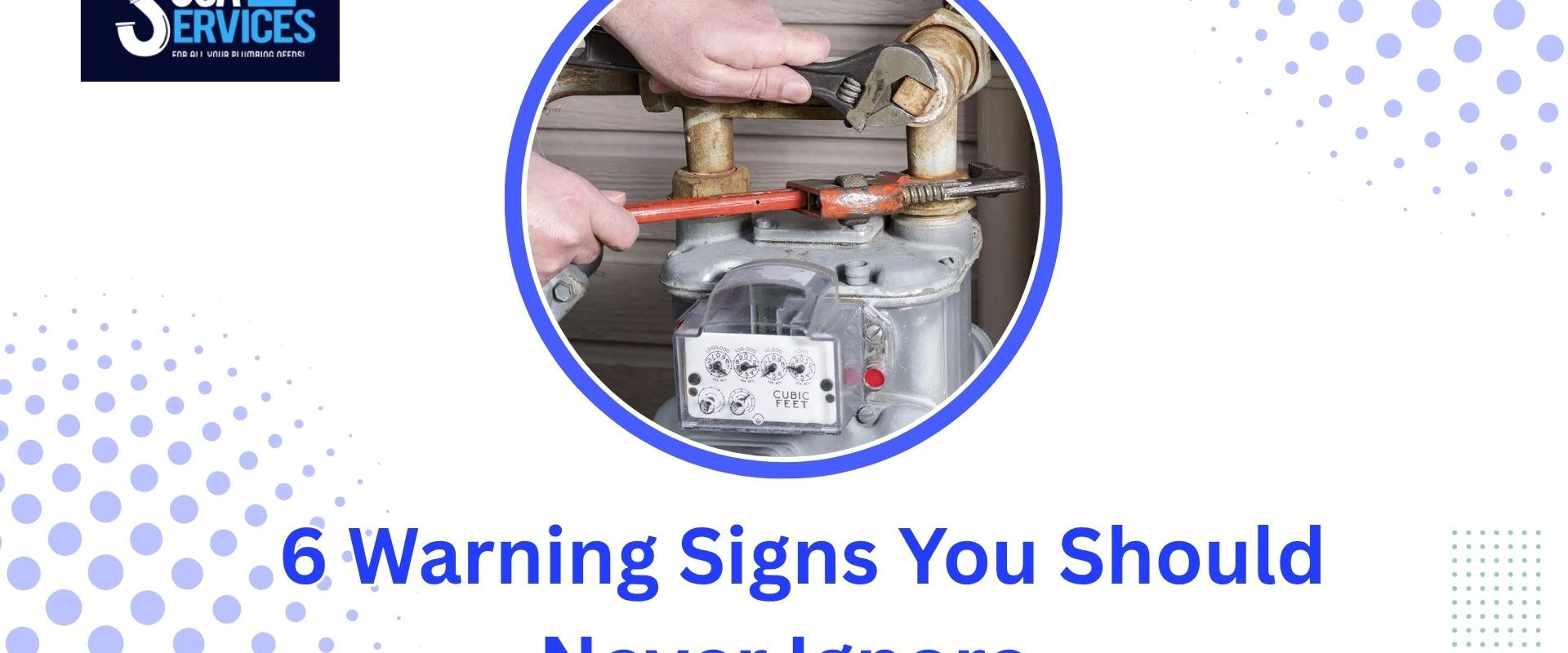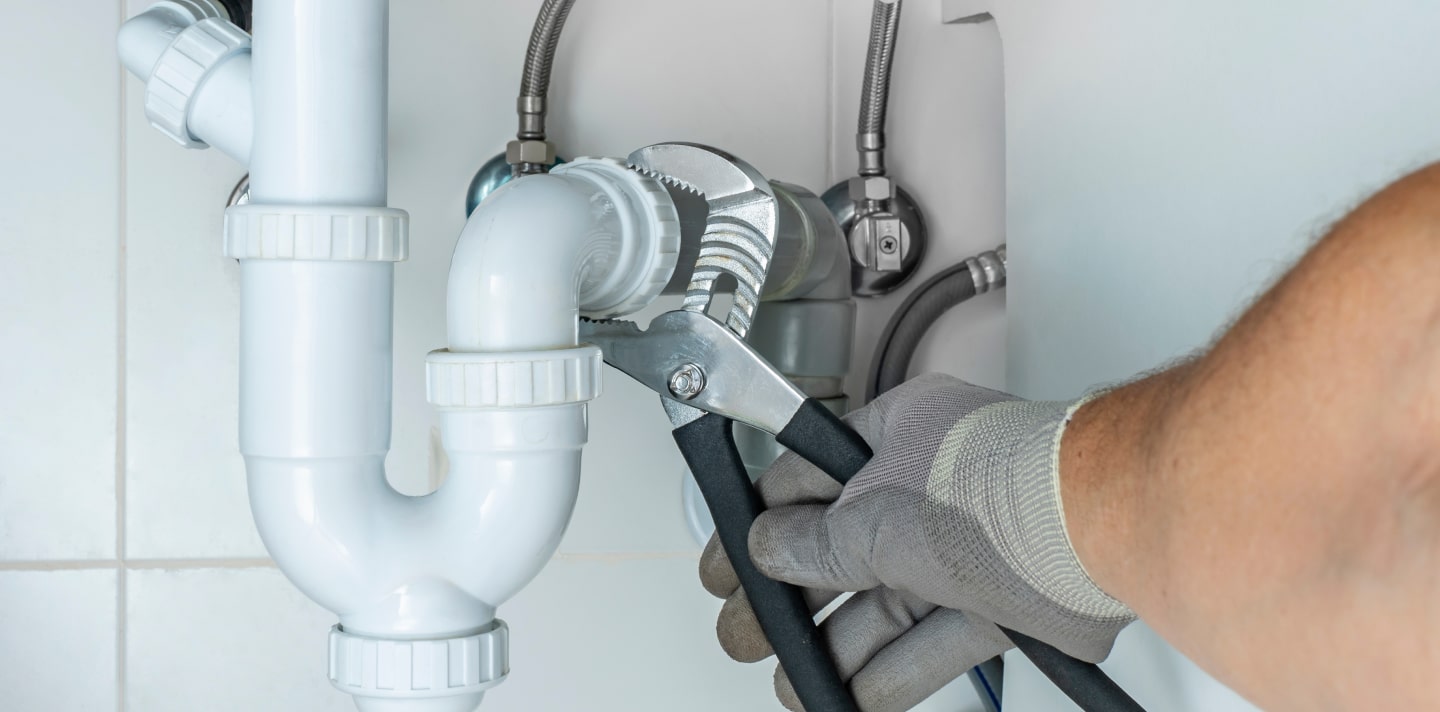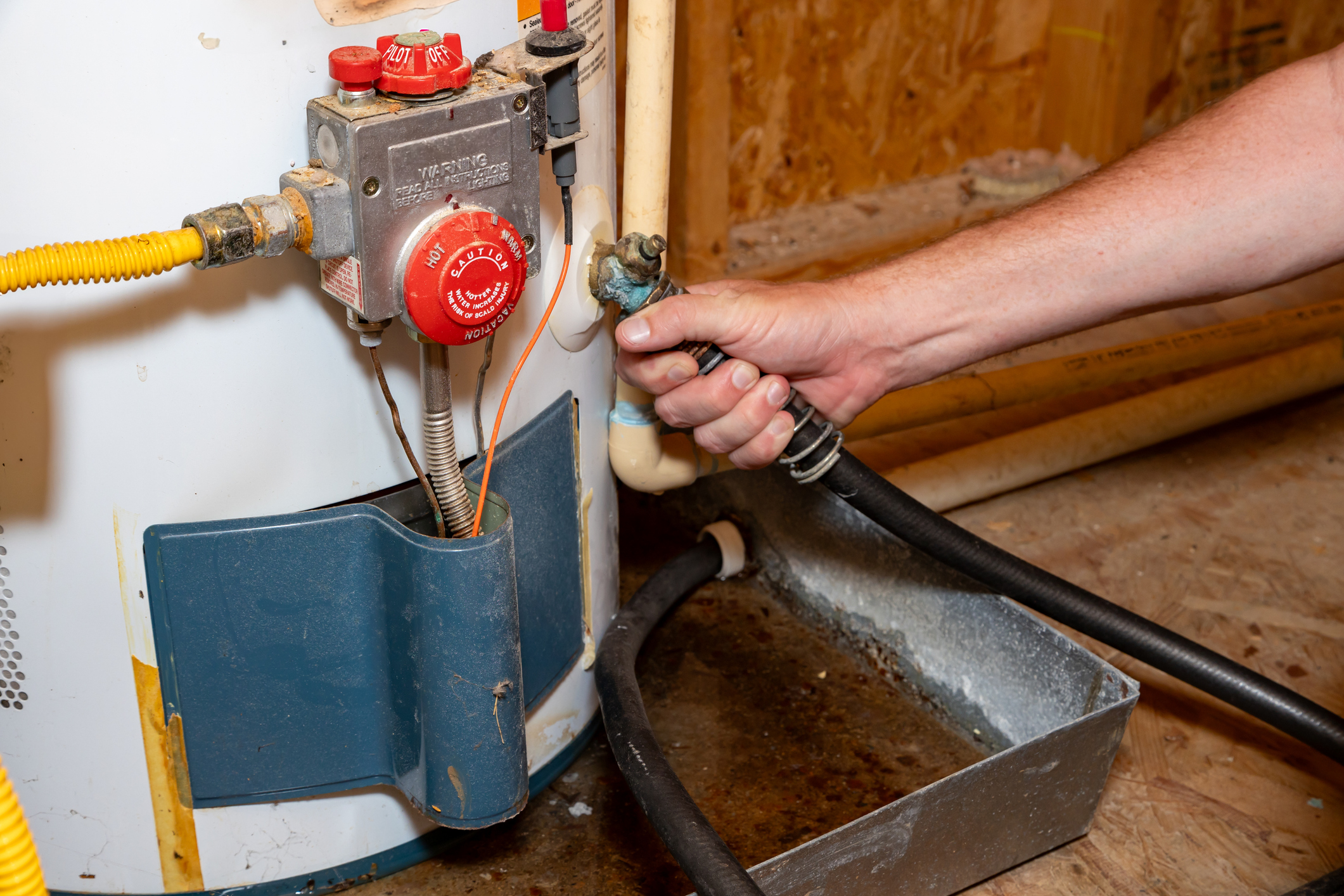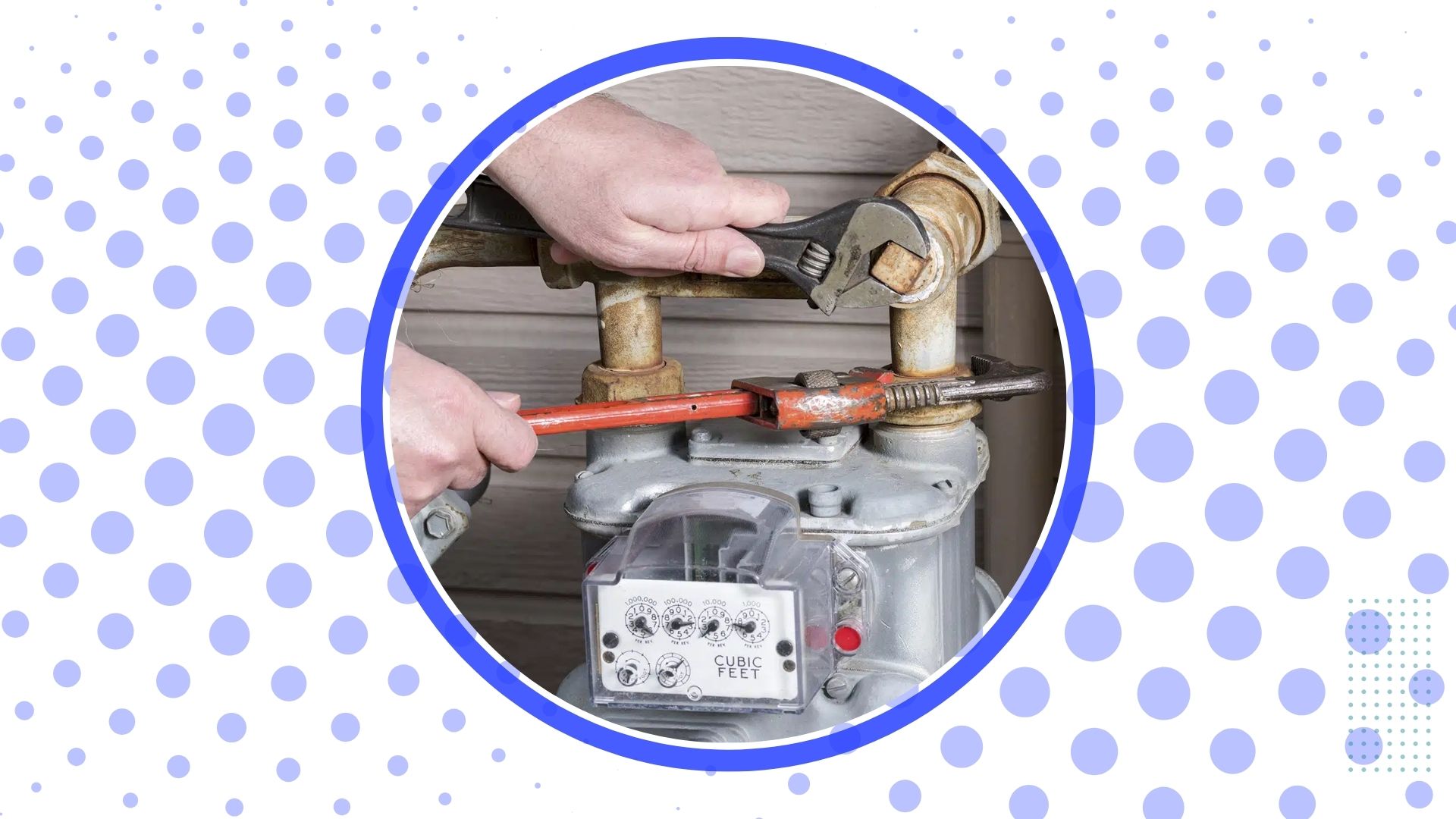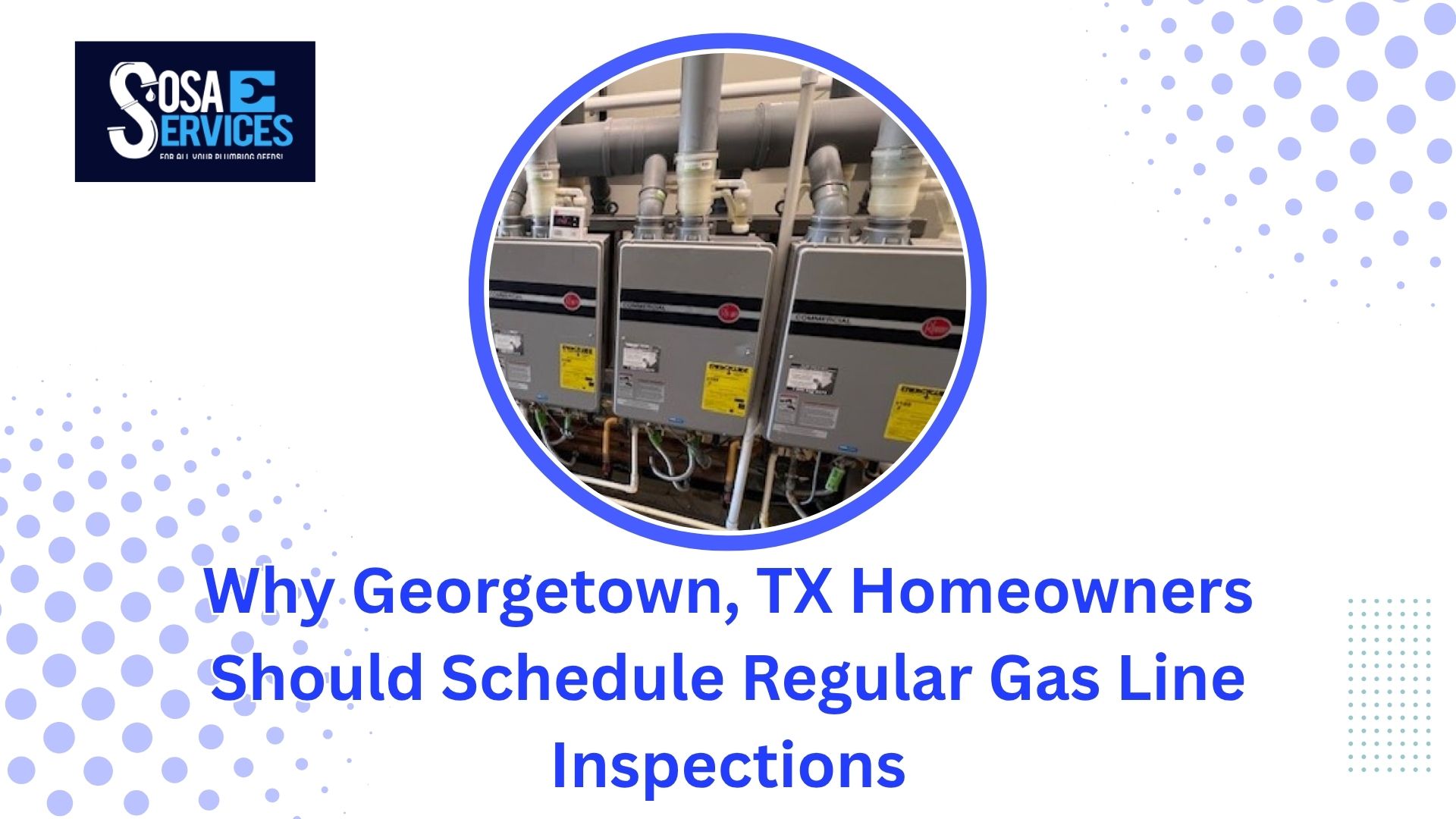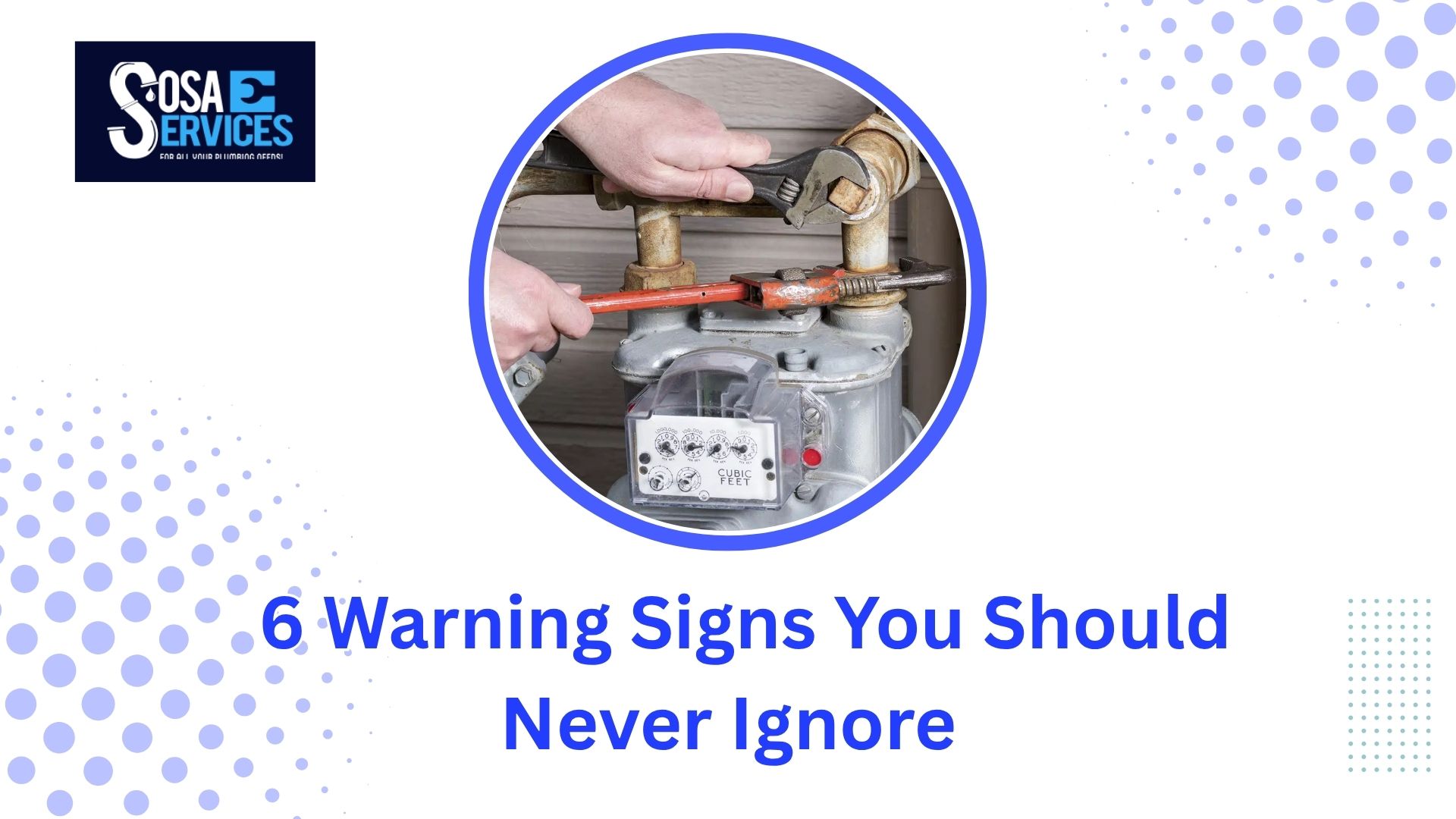Just because gas is a common utility in your home, it doesn’t mean you should overlook potential leaks that can be dangerous. If you ever smell gas in your Georgetown residence, it’s important to take immediate action. There are six warning signs you should never ignore, as they can indicate serious issues that pose risks to your safety and comfort. Stay informed and act decisively to protect yourself and your loved ones.
Key Takeaways:
- Detecting a rotten egg smell may indicate a gas leak; immediate action is imperative.
- Other warning signs include hissing or whistling sounds near gas lines or appliances.
- Physical symptoms like headaches or dizziness can signal gas exposure and warrant urgent attention.
Understanding Natural Gas
What is Natural Gas?
Natural gas is a colorless, odorless fossil fuel primarily composed of methane. An energy-efficient resource, it serves as a major source for heating, cooking, and powering appliances in many households. Although pure natural gas is odorless, utility companies add a distinctive sulfur-like odorant—often likened to rotten eggs—to help you detect leaks easily.
Common Sources of Gas Leaks
Gas leaks can originate from various sources, including faulty appliances, damaged pipes, and worn-out connections. Appliances like furnaces, water heaters, and stoves create potential leak points, especially when improperly maintained or installed. Regular inspection and timely repairs play a critical role in preventing hazardous situations in your home.
Leaking gas can stem from loose fittings, corroded pipes, or even hairline fractures in the infrastructure. Poor installation or age-related wear on appliances, such as ovens or dryers, can compound these risks, making it imperative to periodically assess these areas. You could face significant danger if you ignore these common sources, as gas leaks not only lead to health risks but can also escalate into catastrophic events if not addressed swiftly.
The Importance of Gas Leak Detection
Gas leak detection is vital for maintaining a safe home environment. Early detection can prevent dangerous situations, such as explosions or fires. Modern detection systems are designed to sense even the smallest concentrations of gas, alerting you to potential hazards promptly. Regular maintenance of these systems ensures they operate effectively, protecting you and your loved ones from the hidden dangers of gas leaks.
Risks Associated with Gas Leaks
Ignoring the signs of gas leaks can lead to severe risks, including fire hazards and environmental damage. Accumulation of gas in enclosed spaces can increase the likelihood of explosions. Even a small leak over time can create a significant risk, and failure to act can result in devastating consequences for you and your property.
Health Implications
Exposure to natural gas can pose serious health risks. Symptoms may include headaches, dizziness, nausea, and fatigue. Prolonged exposure can lead to more severe conditions, including unconsciousness or, in extreme cases, death. Awareness of these health implications is crucial for your well-being and that of your family.
Prolonged exposure to natural gas affects the central nervous system, potentially leading to long-term health issues. For instance, methane can displace oxygen in the air, leading to asphyxiation in enclosed spaces. In addition, the presence of carbon monoxide – an odorless byproduct of incomplete combustion – adds another layer of risk. It can cause symptoms ranging from mild headaches to severe neurological damage. Recognizing and addressing gas leaks promptly can significantly mitigate these health threats.
Warning Sign #1: Smell of Sulfur or Rotten Eggs
Identifying the Scent
The unmistakable smell of sulfur or rotten eggs is often the first indicator of a natural gas leak in your home. Utility companies add this odor to colorless natural gas as a safety measure, enabling you to detect potential dangers quickly. If you notice this scent, it could mean gas is escaping, putting you and your family at risk. Don’t dismiss the smell; it signals a serious issue that requires immediate attention.
Immediate Response
Should you encounter this odor, evacuate everyone from your home right away and avoid using any electrical devices, including light switches, as sparks can ignite the gas. Call your gas company or emergency services from a safe distance to report the leak. Acting promptly can save lives and prevent extensive property damage.
Warning Sign #2: Hissing or Whistling Sounds
Identifying the Sounds
Hissing or whistling sounds are alarming indicators of a potential gas leak in your home. If you hear these noises near gas appliances or lines, it could mean escaping gas pressurized within the pipes. For instance, high-pressure leaks can create hissing sounds that are audible even from a distance. Ignoring these sounds might lead to serious consequences; more than 60% of home gas explosions are tied to undetected leaks. If you hear these sounds, evacuate the area immediately and contact professionals to assess and resolve the situation.
Warning Sign #3: Dying Houseplants
Impact of Gas Leaks on Plant Health
Dying houseplants in your home may signify more than just a lack of water or sunlight. Natural gas leaks can affect plant health due to their high methane content, which can disrupt nutrient absorption. If you notice your once-thriving greenery wilting, yellowing, or dropping leaves, it’s time to investigate. Be especially vigilant if multiple plants show signs of distress—this could indicate elevated gas levels in your environment. Quick action is vital, not only for your plants but for your safety as well.
Warning Sign #4: Unusual Bubbles in Water
Signs of Gas Leaks
Unusual bubbles appearing in your water could be a serious indicator of a gas leak, particularly if you notice them in close proximity to your gas lines or appliances. This bubbling often signals that gas is escaping and interacting with your water supply, forming bubbles that rise to the surface. If you see bubbles or hear hissing sounds near your plumbing fixtures, take immediate action. Inspect the area for any signs of leakage or odor associated with natural gas, as this situation demands prompt attention to avoid health risks or potential hazards.
Conclusion
A gas leak is one of the most serious home emergencies any Georgetown, TX homeowner can face. Recognizing the warning signs early—like a sulfur smell, hissing sounds, or dying houseplants—can make the difference between a quick repair and a life-threatening situation. Never take chances with your family’s safety. If you suspect a leak, leave your home immediately and call for professional help.
At Sosa Plumbing Services, your safety is our top priority. Our licensed technicians in Georgetown, TX specialize in gas leak detection, gas line repair, and replacement for homes across Georgetown and surrounding Central Texas communities. We respond fast, inspect thoroughly, and ensure your system is fully secure before you return home.
Available 24/7 for Emergency Gas Line Repairs
Call Sosa Plumbing Services or schedule your inspection online today to keep your home safe and worry-free.
